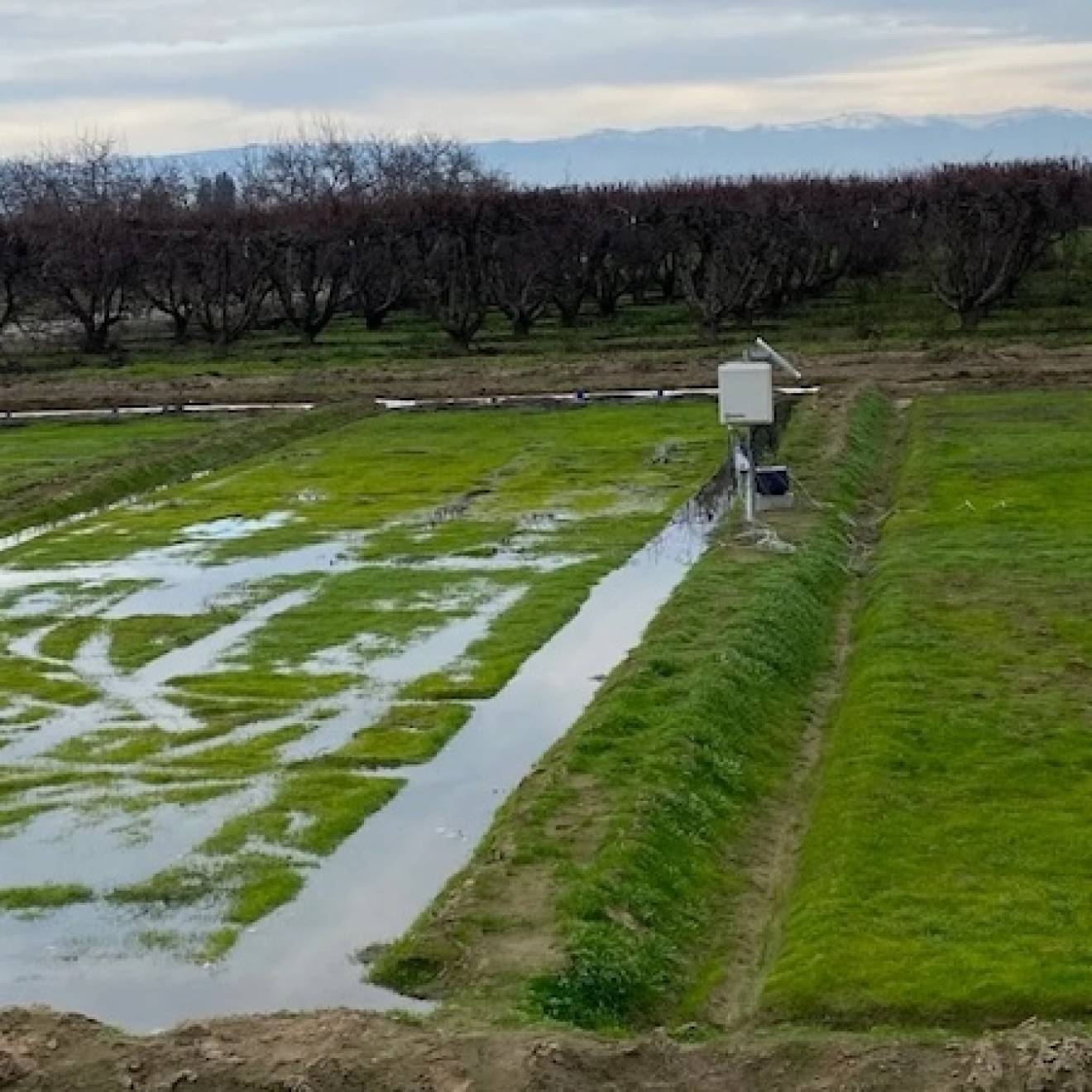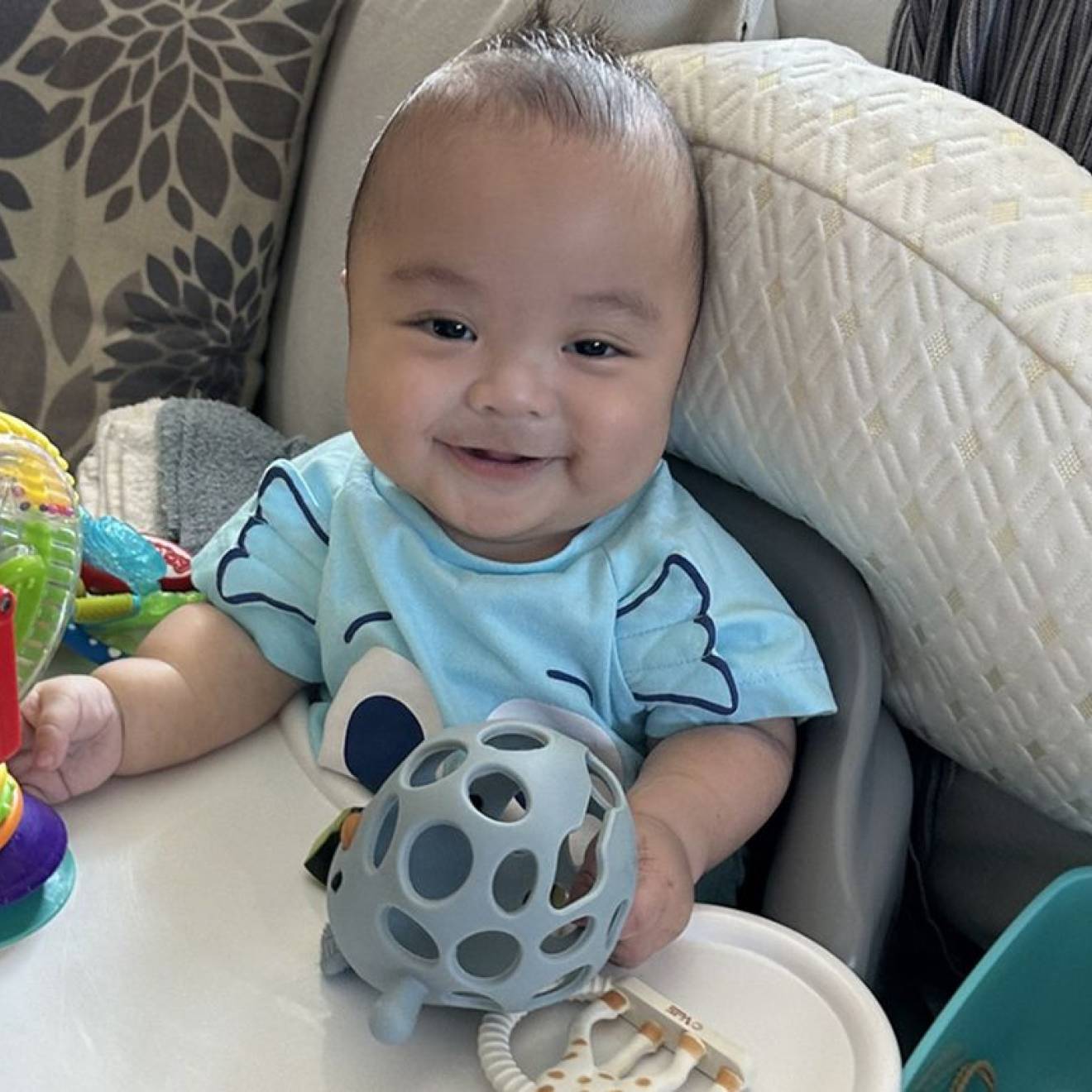UCLA

Lillie Hsu and Dion Raymond have long-standing “heart-centered connections” to UCLA. Hsu taught as a lecturer in the law school’s Lawyering Skills Clinical Program. Raymond was an undergraduate student and political activist on campus. Both built substantial careers as practicing attorneys, but when the opportunity arose to return to the school they loved and join the staff as Discrimination Prevention Officers, they answered the call.
Arising out of the recommendations of the Moreno Report Implementation Committee, the newly created position of Discrimination Prevention Officer is a key component to remedying bias, improving campus climate and strengthening UCLA’s commitment to equity, diversity and inclusion.
Hsu and Raymond shared with UCLA Newsroom some of their thoughts about the challenges and opportunities of their new positions.
What did you do before coming to UCLA?
Raymond: I am a graduate of UCLA and UC Hastings College of the Law. My professional experience includes both civil and criminal law. I was a litigator and trial lawyer in employment, representing both plaintiffs and defendants in race discrimination and sexual harassment cases. My background also includes personal injury, insurance defense and mentoring youth in the mental health field. Most recently, I was a trial attorney with the Los Angeles Public Defender’s office for the past seven years, where my passion was representing young people in the juvenile justice system.
Hsu: I graduated from Stanford Law School in 1991 after graduating from Harvard College. I clerked for two federal judges for a couple years and then did civil litigation. I then started practicing appellate law for a boutique firm, and following that, I came to the UCLA law school to teach in the Lawyering Skills Clinical Program. I taught legal writing, research and practical skills, mostly to first-year students. I did that for four years and then went back to practice appellate law. For the past 10 years I’ve been practicing appellate law mostly for public entities like the county of Los Angeles and sometimes for the UC Regents.
What drew you to the Discrimination Prevention Officer position at UCLA?
Raymond: By the time UCLA gave notice of this position I was already aware of the concerns in the Moreno report. When I saw that an office had been created to address the findings in the Moreno Report, I felt the university was committed to responding and I wanted to be a part of that. I felt my experience and training as a trial lawyer and advocate for justice would be useful to this job. I love UCLA, I always have, and I saw this as an opportunity to create a response that will benefit the campus and the community we serve.
Hsu: I really enjoyed my time teaching at UCLA School of Law. I loved it, actually. I was interested in coming back to UCLA and being in an academic environment. I had been practicing appellate law for a while, mostly on the defense side, and I wanted to do something more personally meaningful. I’ve always been interested in civil rights and discrimination — all types of discrimination. I had done some civil rights-related work over the course of practicing law. I became aware of the Moreno Report and some of the racial issues that have been brewing on campus over the years and I thought the position sounded like an opportunity to make a difference.
Raymond: One of the things that spurred my interest was the opportunity to not only investigate claims of discrimination by faculty, but also to write policy and educate faculty about the law and policy on discrimination, and bring it to the forefront with sexual harassment and sexual assault. Having a deep heart-centered connection to UCLA — the issues notwithstanding — this is still a place that holds a vision of diversity, equity and inclusion. Therefore, if it can happen anywhere, it can happen here. It must happen here.
What is your charge?
Hsu: The overarching charge is to improve the university climate surrounding non-discrimination and equality. Investigation, writing policy and then educating faculty on the new policies and the law, are all part of the larger goal of improving the climate and making the university more equitable. Along the way we’re hoping that we can come up with creative solutions that may not fall exactly within investigation, policy and education.
Raymond: One aspect of our job is to investigate claims of discrimination by faculty that are raised by students, staff and faculty. Another aspect is to write policy that explains what discrimination, harassment and bias are, and educate the faculty about the policy through training. Furthermore, the Moreno Report findings indicate the need for a clear pathway that allows individuals to bring their complaints, have them heard thoughtfully and investigated fully.
Hsu: A key part of the training will be making it clear to faculty what behavior is unacceptable, what are the pathways for making a complaint, what are faculty responsibilities and what are the remedies. To some extent, I suspect that we will be educating faculty on the law, because the policies, even if they aren’t coextensive with the law, are informed by the law. The faculty needs to know, to some extent, what the law is.
How have you approached getting started?
Hsu: This is a very complex institution and one of the things we’ve had to do is learn about the institution: the academic personnel systems, the preexisting policies, the Academic Senate and the whole system of shared governance among the faculty. We’ve been getting to know people who are important to our work. We’ve started to get complaints. These have consumed a lot of time, but at the same time hearing these complaints has been giving us ideas about what kinds of issues people are facing. Sometimes we find that people we interview have interesting ideas about what can be done to improve campus climate.
Based on your experience, what makes institutions successful at implementing fundamental change on such large issues?
Raymond: People do. It starts with identifying and acknowledging the issues. Secondly, the chancellor has articulated a commitment to addressing the findings in the Moreno Report and providing the resources necessary to carry out our function. Lillie and I are dedicated to the vision of equity, diversity and inclusion. The Moreno Report Implementation Committee and its members are a tremendous resource for us. Also what helps are the individuals who are coming forward and talking about their stories, complaints and concerns. Equity Advisors [in the various schools at UCLA] have been appointed to serve at the ground level where things happen.
Hsu: The key fact is that we have the support of the administration, because if we don’t have that, we have basically nothing. For people to be willing to come forward and discuss the issues they’ve been facing really takes a huge amount of courage. It also takes courage to file a complaint and put yourself on the line. Some people that we’ve talked to are very senior and secure, and even they are concerned of the possible ramifications of making a complaint. This courage and the support of the administration are very important.
Raymond: We want the campus community to know that we are here, we are accessible and we welcome your input.

